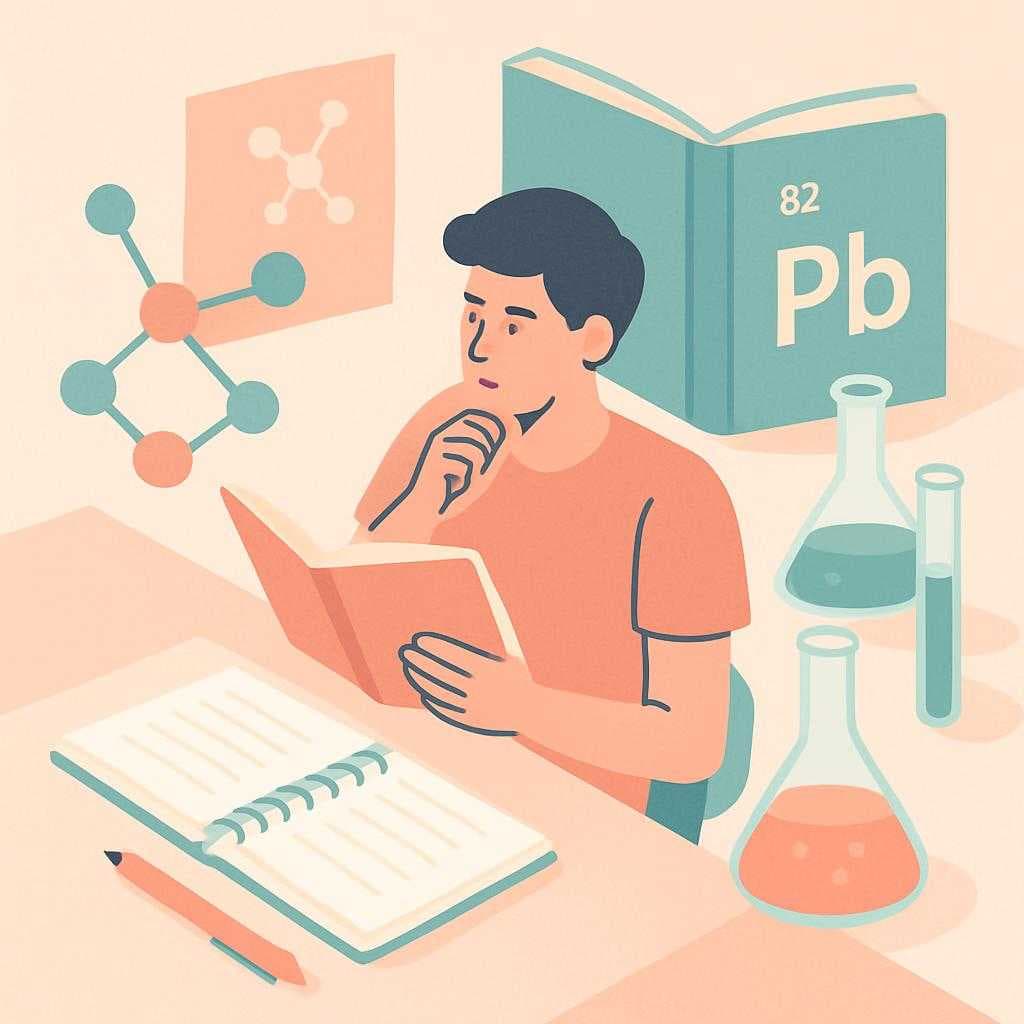Chemistry Essentials: Navigating AS-Level Inorganic Chemistry for UK Success
Summary
Unlock the secrets to mastering AS-Level Inorganic Chemistry with insights tailored for UK students. Discover how to tackle the challenges posed by AQA, OCR, and Edexcel exam boards and excel in your exams.
Inorganic chemistry can feel like a labyrinth of elements, compounds, and reactions. For UK students tackling AS-Level Chemistry, understanding this core component is crucial. As you navigate the complexities of the periodic table and chemical bonding, having a strategic approach is essential. Here’s how to ace Inorganic Chemistry, whether you're preparing for AQA, OCR, or Edexcel exam boards.
Understanding the Core Concepts
Inorganic chemistry at AS-Level encompasses a wide range of topics, including periodicity, group chemistry, and transition metals. Each exam board—AQA, OCR, and Edexcel—has its slight variations in focus and question style. However, core concepts remain consistent.
-
Periodicity: Understanding trends in the periodic table is fundamental. Focus on atomic structure, ionization energy, and electronegativity. These trends are often the basis of comparison questions across all exam boards.
-
Group Chemistry: Delve into the distinctive properties of Groups 1, 2, and 7. Recognize patterns in reactivity and common reactions, such as the vigorous reactions of alkali metals with water.
-
Transition Metals: Master the characteristics of transition metals, including variable oxidation states and complex ion formation. Pay attention to color changes and catalytic properties, which are frequently examined.
Exam Techniques
AQA: AQA exams often emphasize applied knowledge. Practice past papers to get familiar with how questions are structured. AQA frequently includes questions requiring explanations of trends using scientific reasoning.
OCR: OCR exams can test detailed understanding of specific reactions and require precision. Focus on clarity in your written explanations and practice balancing complex equations.
Edexcel: Edexcel tends to incorporate a variety of question types, including multiple-choice and structured questions. Familiarize yourself with the format and time management to handle these efficiently.
Mastering Practical Skills
Practical assessments are integral to AS-Level Chemistry. Ensure you're comfortable with laboratory techniques, such as titrations and qualitative analysis. Understanding the practical applications of inorganic chemistry not only boosts your exam performance but also enriches your appreciation of the subject.
Conclusion
Mastering AS-Level Inorganic Chemistry requires a blend of theoretical knowledge and practical expertise. By tailoring your study approach to the specific requirements of AQA, OCR, and Edexcel, you can confidently navigate this challenging subject. Consistent practice, coupled with an understanding of exam techniques, will set you on the path to success. Dive into the periodic table, embrace the reactivity of elements, and let your understanding of inorganic chemistry flourish.
